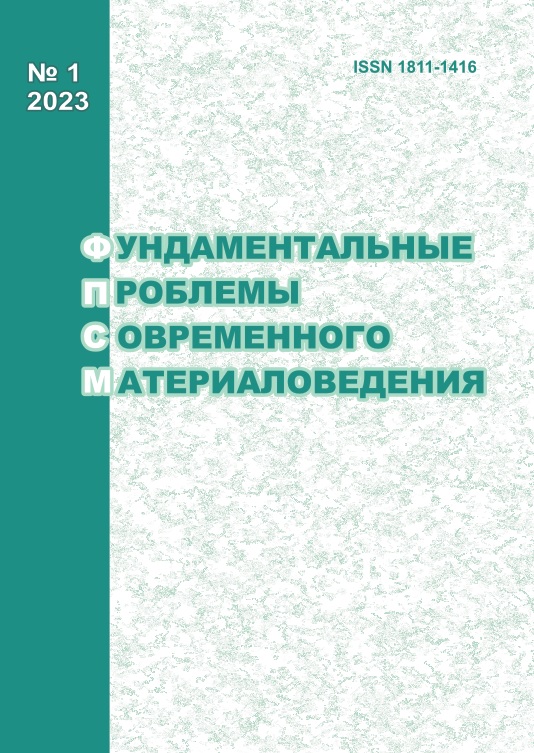ACTIVE ZIF-8-BASED COMPONENT (NOVOCAINE) DELIVERY SYSTEMS
10.25712/ASTU.1811-1416.2023.01.003
Keywords:
ZIF-8, drug delivery systems, pH-controlled release, impregnation method, single-stage methodAbstract
The paper compares the efficiency of methods for loading a medicinal component (novocaine) into the porous MOF space. The first method is single-stage in situ encapsulation, when novocaine is added to the solution during ZIF-8 synthesis and the framework structure is formed around the captured molecule. The second method consists in ex situ application implying the novocaine application through incipient wetness impregnation of the ZIF-8 carrier. The third technique of applying the medicinal component represents an ex situ method when the maximum amount of novocaine is adsorbed by diffusion impregnation (abundant in the drug solution). The obtained materials were analyzed by XRD, UV-spectroscopy, low-temperature nitrogen adsorption, and SEM to compare the application methods of the medicinal component. Kinetic and textural data have shown that impregnation methods are the best way to synthesize drug delivery systems for powder MOFs. In addition, a two-stage technique of introducing the medicinal component provides controlled loading of the medicinal component into the porous space, onto the outer surface, and its release within 2-4 days.











 Journal «Fundamental’nye problemy sovremennogo materialovedenia / Basic Problems of Material Science»
Journal «Fundamental’nye problemy sovremennogo materialovedenia / Basic Problems of Material Science» This work is licensed under a
This work is licensed under a 
